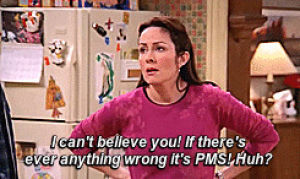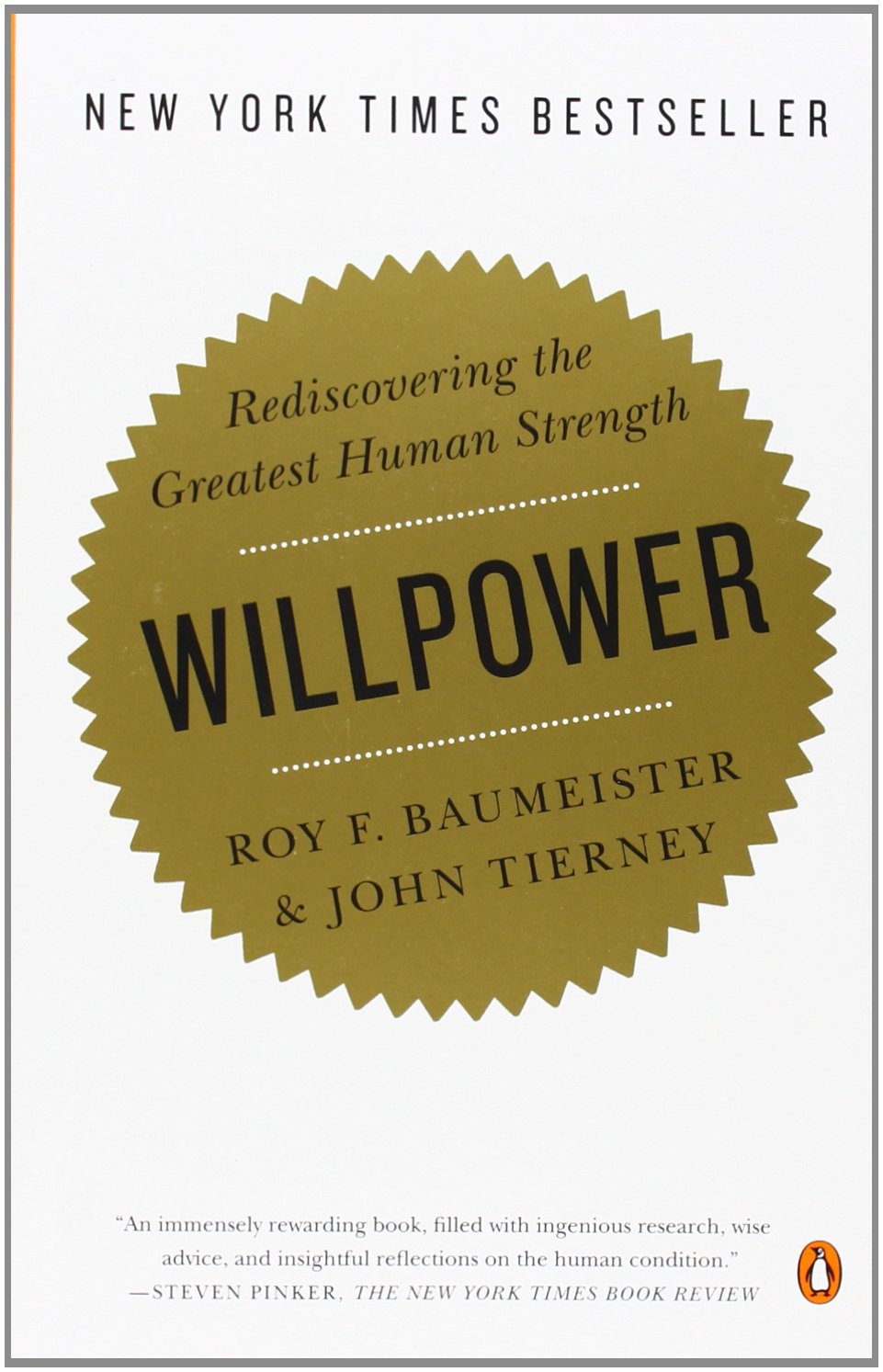I finished "Maybe You Should Talk to Someone" by Lori Gottlieb, a therapist who finds she needs therapy.
She brings sagas of her own patients (with details carefully changed, she makes a point to say), along with the story of why and how she became a therapist.
So Lori has a life event that she finds herself unable to recover from. She is so unmoored that while she gives wise guidance to her patients' crises, she is otherwise lost. She decides to go into therapy.
What I found fascinating about this is that if a patient came to her with the same issue, chances are she would have been able to help. But she was helpless when it happened to her, requiring an outside perspective to get her over the rut.
If a therapist, who has been trained for this, is unable to guide herself, how much more blind are we?
It takes so much to be self-aware. Ma would say that we have to be able to look at ourselves in the mirror, but from the side, using peripheral vision. We can't be expected to handle ourselves head on. It's too much.
Oscar Wilde said, "To love oneself is the beginning of a lifelong romance." Only the most obvious narcissists can manage to do that, I think. But coming to know oneself is a nobler enterprise, as self-improvement is a lifelong project.
If a therapist, who has been trained for this, is unable to guide herself, how much more blind are we?
It takes so much to be self-aware. Ma would say that we have to be able to look at ourselves in the mirror, but from the side, using peripheral vision. We can't be expected to handle ourselves head on. It's too much.
Oscar Wilde said, "To love oneself is the beginning of a lifelong romance." Only the most obvious narcissists can manage to do that, I think. But coming to know oneself is a nobler enterprise, as self-improvement is a lifelong project.






